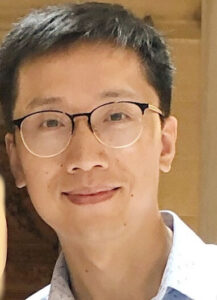Natural and synthetic physiology of life’s resilience
We are fascinated by the natural and synthetic physiology of life’s resilience. Many organisms in nature have evolved specialized traits to respond and adapt to severe environmental stresses, including hypothermia (cold) or hypoxia (low oxygen). For example, Arctic ground squirrels can tolerate extremely low levels of oxygen in the brain and heart during hibernation. Most nematodes, including those from Antarctica and the common model organism C. elegans, can enter “suspended animation” states upon anoxia; they can also be frozen alive and suspend life that can be revived later virtually any long after freezing, unlike many other multicellular organisms. We use cultured neural stem cells from hibernating Arctic ground squirrels and nematodes with extremophile-like phenotypes recapitulated in the laboratory as discovery tools to discover novel cellular and physiological resilience mechanisms. Genes identified from such systems via large-scale experimental screens or computational mining often encode proteins of unusual properties that define novel mechanisms underlying cytoprotection, cellular organelle dynamics, and organismal homeostasis in physiology and behaviors. Some were even acquired from extremophile microbes via horizontal gene transfers and functionally co-opted to confer stress resilience. We take advantage of findings from our research and aim to use synthetic physiology approaches to engineer biological systems that may foster new means of neuroprotection, organ transplantation, reversible cryo-preservation, and therapeutics to treat ischemic, neurological, and age-related disorders.

Current lab members:
Andrew Wong (URAP student)
Bingying Wang (Lab manager)
Dengke Ma (Principal Investigator)
Fiona Oh (URAP student)
Jason DeGeorge (URAP student)
Jenny Zu (URAP student)
Minseo Kim (URAP student)
Taruna Pandey (Postdoc)
Wei Jiang (Postdoc)
Winfred Zhijian Ji (Postdoc)

